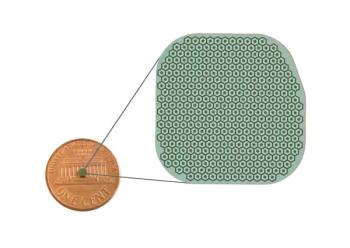
Prescribing decisions affected by student interaction with marketers
Medical trainees who spend more time with pharmaceutical marketing representatives are less likely to make evidence-based choices when prescribing, according to a study recently published in JAMA Internal Medicine.
Medical trainees who spend more time with pharmaceutical marketing representatives are less likely to make evidence-based choices when prescribing, according to a
Researchers surveyed a randomly selected, nationally representative sample of first- and fourth-year medical students, as well as third-year residents.
“All trainees were asked how often they used different educational resources to learn about prescription drugs. Among fourth-year students and residents, we posed a series of multiple choice knowledge questions asking about the appropriate initial therapy for clinical scenarios involving patients with
Participants were also asked about frequency in the past six months of interactions with the pharmaceutical industry, their expected frequency of interactions in their careers, and their attitudes about such interactions. Researchers used the survey answers to build an industry relations index assessing each trainee’s level of acceptance of pharmaceutical promotion.
The study found that 48 percent to 90 percent of fourth-year students and residents accurately identified evidence-based prescribing choices. According to researchers, a 10-point higher industry relations index was associated with 15 percent lower odds of selecting an evidence-based prescribing choice. The study also found there was a significant association between the industry relations index and greater odds of
The study also found that the 1601 students and 735 residents who participated reported common use of unfiltered sources of drug information such as Google (74.2 percent to 88.9 percent) and Wikipedia (45.2 percent to 84.5 percent).
Newsletter
Want more insights like this? Subscribe to Optometry Times and get clinical pearls and practice tips delivered straight to your inbox.



























